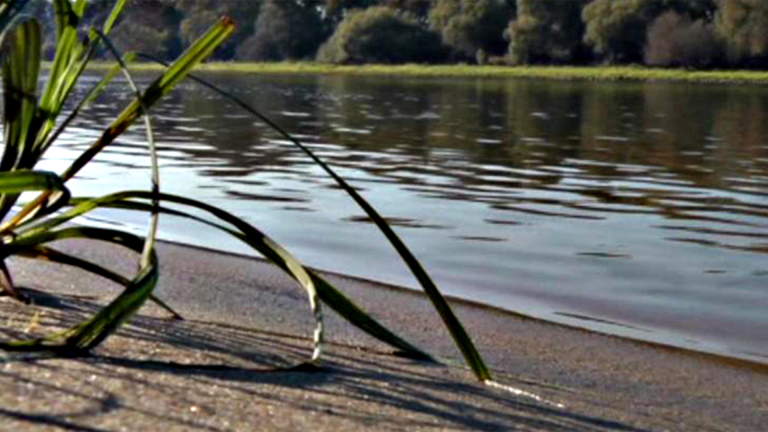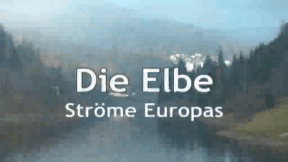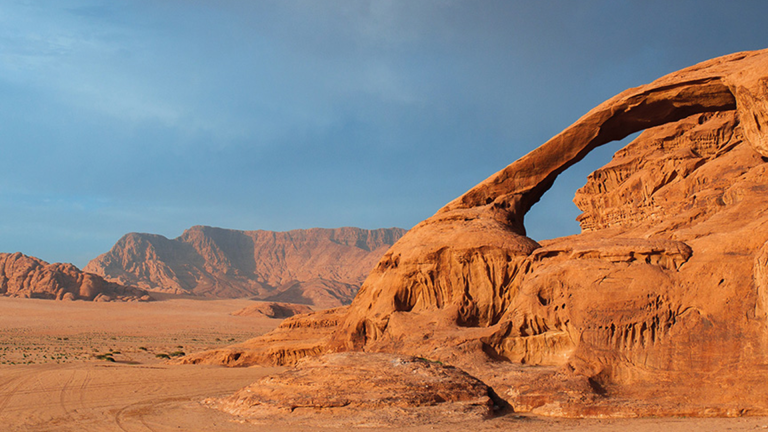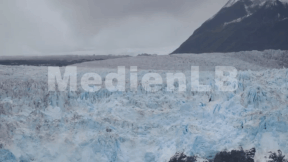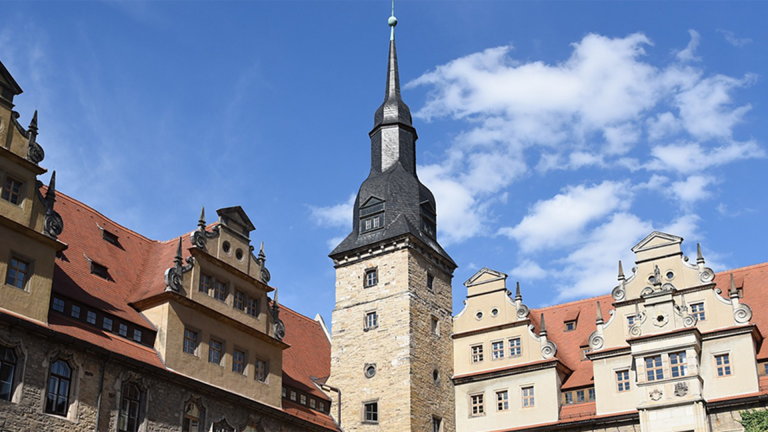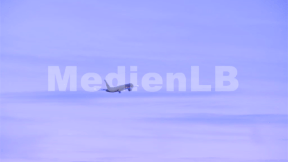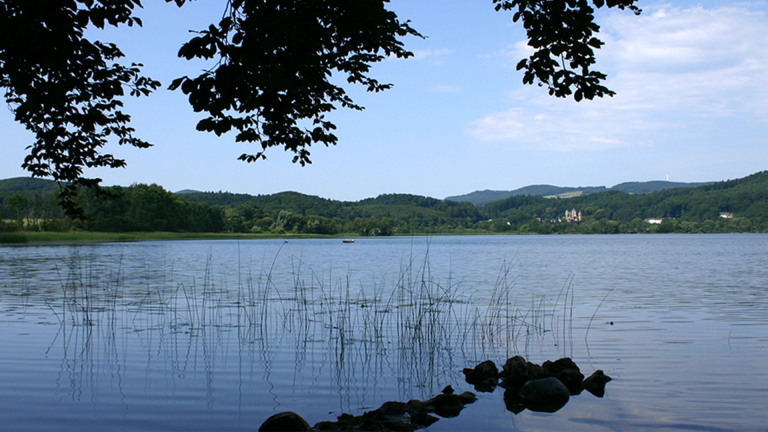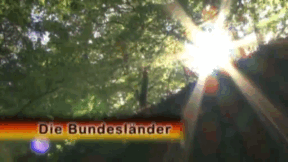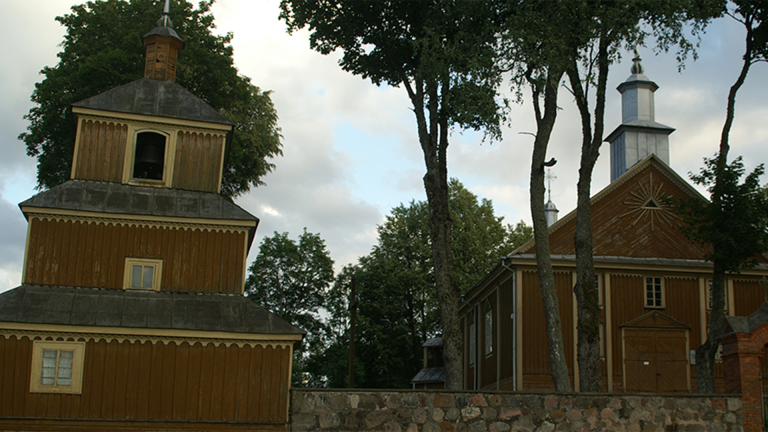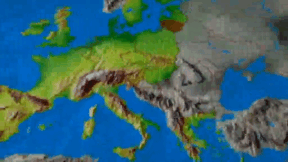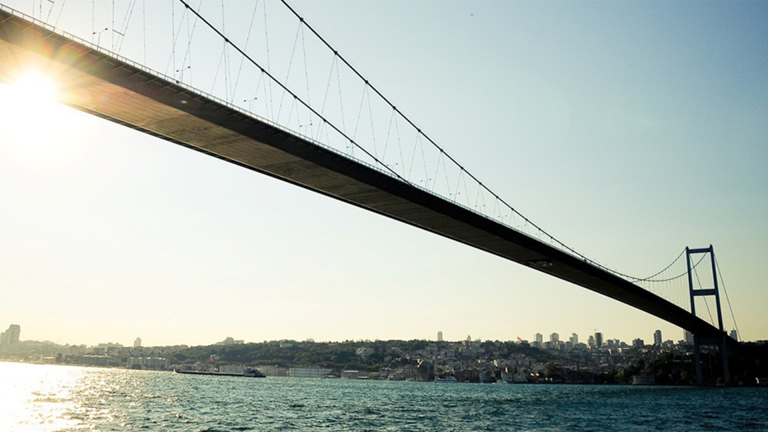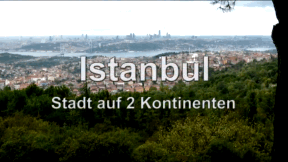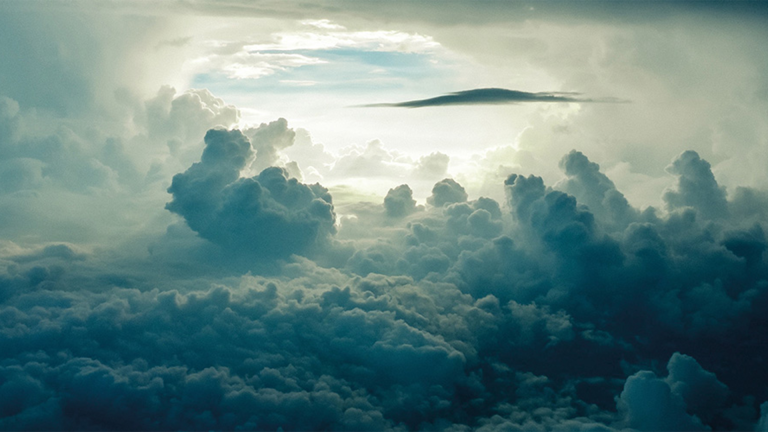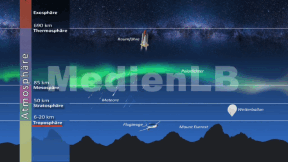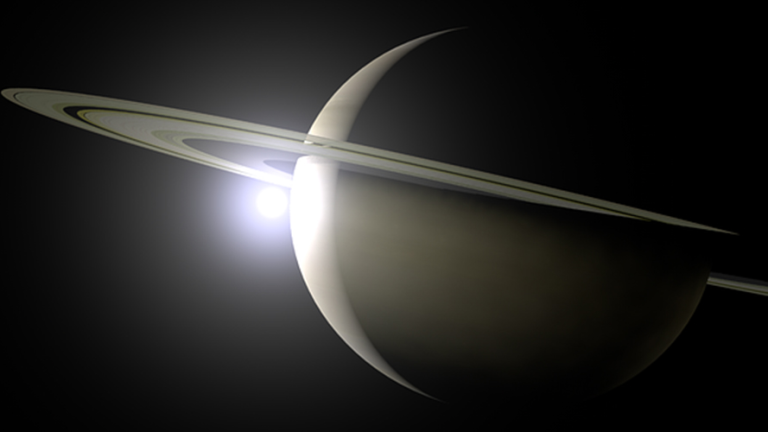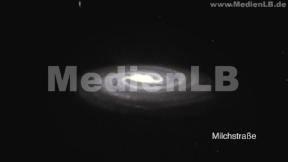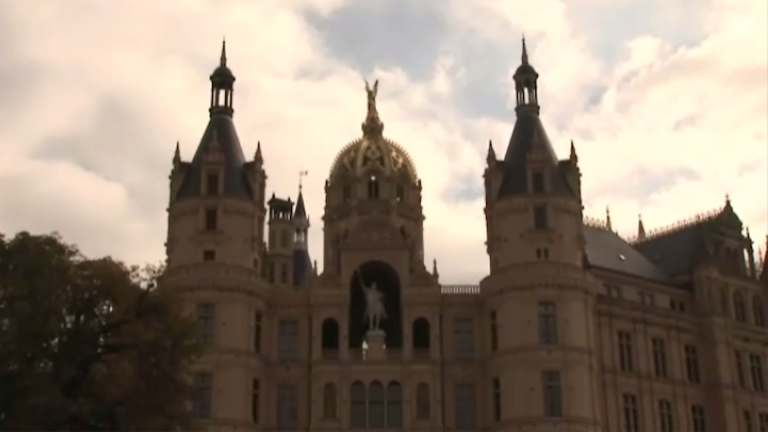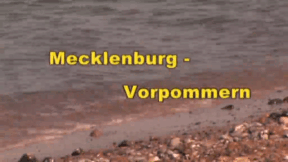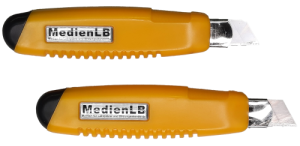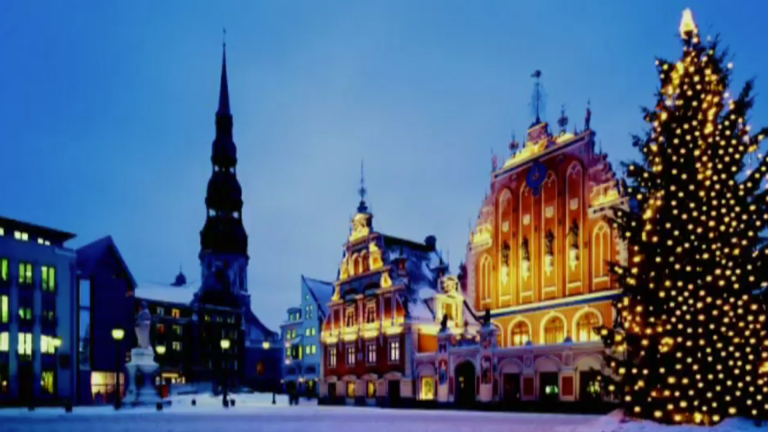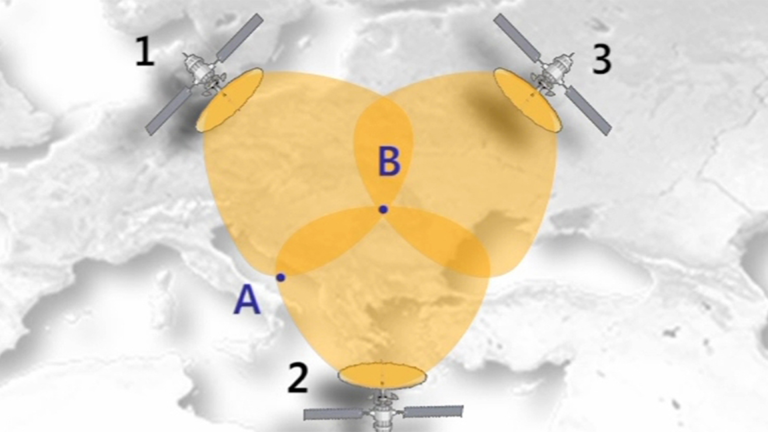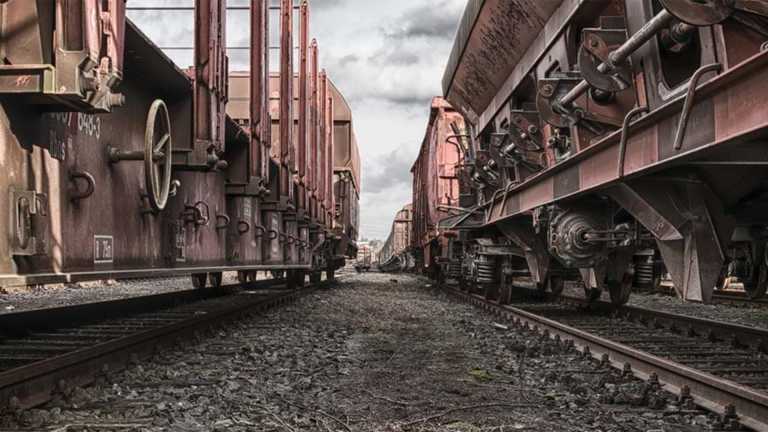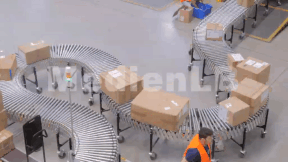Suche:
- # Artistry
- # Biology
- # Chemistry
- # Ecological
- # Economy
- # English
- # Foreign Language
- # Geography
- # German
- # Health
- # History
- # Informatik
- # Latin
- # Mathematics
- # Media Education
- # Music
- # Physics
- # Politics / Civics
- # Preschool
- # Primary School
- # Religion
- # Society
- # Sports
- # Technology
- # Training of Teachers
- # Vocational Education
The River Elbe
Its catchment area is almost as large as 40 % of the surface area of Germany; it is 1.094 kilometres long: the River Elbe. In impressive nature pictures the multifaceted course of the Elbe from its source in the Giant Mountains to its estuary in the North Sea is shown. The division of the Elbe into its sections is just as precisely documented as its most important tributaries. In the first part of its upper reaches it flows in a wide arc through the Czech Republic, where it is called Labe. It cuts across impressive landscapes such as the Bohemian Switzerland and after the German border the Saxon Switzerland. During its course it flows through historically and culturally important cities. Dresden, with its famous monuments and bridges, is the first metropolis. Steeped in history, the cities of Meissen, Torgau und Wittenberg follow. Now the Elbe River follows the course of the glacial valleys. From Magdeburg its course runs towards Hamburg. The various facets of the seaport metropolis are illustrated. Eventually the film accompanies the River Elbe on its last section – to the North Sea until Cuxhaven. Together with the extensive additional material the DVD is ideally suited for use in the classroom.
Learn moreDesert
Deserts and semi-deserts cover roughly a third of the entire landmass of the Earth. A huge area of our planet is thus defined as an arid region.
Learn moreSaxony-Anhalt
The federal state of Saxony-Anhalt is not only abundant with natural beauty but also boasts a diverse landscape of castles, palaces and churches, some of which are UNESCO World Heritage Sites.
Learn moreRhineland-Palatinate
The German Federal State of Rhineland-Palatinate lies in the southwest of the Federal Republic of Germany. This DVD begins with an overview over the state with its nine natural regions: Ahr Valley, Eifel, Westerwald, Mosel-Saar, Huns- rück, the Nahe region, Palatinate with the Palatinate Forest, Middle Rhine-Lahn-Taunus and Rhenish Hesse. A detailed chapter on the eventful history of Rhineland-Palatinate makes this DVD suitable for history lessons, too. Here, the period from Roman Times up to the foundation of the federal state of Rhineland-Palatinate is summarised. Thanks to its central location in Western Europe, its proximity to other European countries, 14 public inland ports on the Rhine and the Moselle and an export quota of around 46%, Rhineland-Palatinate is also an attractive business location. At the same time, it is the “wine state” of the Federal Republic, with 65% of the entire German wine-growing area. The capital of Mainz is often referred to as a media city, houses the media companies ZDF and SWR and is an important employer in the country. Due to the modular, modified regional-studies approach, this DVD of- fers the possibility of using both comprehensive and specific teaching strategies and access modes.
Learn moreLithuania
This DVD conveys to the pupils a comprehensive picture of the Baltic state of Lithuania. Topographical information on Lithuania is followed by an overview of its four regions, which are distinguished by their respective traditions, dialect and landscapes: Upper Lithuania, Lower Lithuania with the Memel Territory, the region of Sudovia and the region of Dzukija. The Lithuanian Baltic coast is the centre of tourism. Further, the DVD leaves a deep impression of the Hill of Crosses, which has been a world-famous place of pilgrimage for Catholics since it was visited by Pope John Paul II. Diverse pictures at- test to the sights of the capital of Vilnius and other cities. The DVD describes Lithuania’s protracted tug-of-war for indepen- dence and mentions the most important branches of industry as well as the country’s energy supply. The pupils also learn about the important role Lithuania plays as a transit country. Furthermore, they gain an insight into the Lithuanian way of life. This DVD shows the diversity and uniqueness of the EU member state of Lithuania and helps pupils to learn more about their European homeland.
Learn moreIstanbul
In the southeasternmost corner of Europe, at the border to Asia, in the metropolis of Istanbul continents, cultures and religions meet. The film provides an insight into the topography and history of Istanbul. The great mosques, palaces and other historically significant monuments, some of them converted into museums, are described in detail. The economic importance of Istanbul, with its economic and financial sectors as well as the retail trade of the bazaars is another topic of the film. The confusing infrastructure of Istanbul, the division of the city into two parts and the resulting culture and transport conditions are dealt with. Istanbul life is characterised by tradition and modernity. Kemal Atatürk is considered the founder of the modern Turkey of today and his memory is cherished to this day. The bonus section gives an account of Atatürk’s life and reforms. Together with the extensive accompanying material the DVD is perfectly suited for use in the classroom.
Learn moreClimate Phenomena
Weather, atmospheric condition and climate must be clearly distinguished.
Learn moreOur Solar System
Looking up at the cloudless night sky is something special. It is a spectacle that we are offered free of charge every clear night.
Learn moreMecklenburg - Western Pomerania
Mecklenburg-Western Pomerania is the most north-eastern land of Germany. It encompasses an area of 23.174 square kilometres. Because of its long name Mecklenburg-Western Pomerania is often abbreviated in German with the letters MV or MVP. Colloquially it’s also referred to as Meck-Pom. The neighbours of MV are to the West Schleswig-Holstein, to the Southwest Lower Saxony, to the South the land Brandenburg. To the East there is the frontier of Poland. To the North the land is bordered by the Baltic Sea
Learn moreLatvia
This DVD offers a clearly structured overview of Latvia focusing on the following aspects: Situation within the EU, size and inhabitants, landscapes (regional landscapes, mountains, rivers), fauna and flora (storks, natural parks), the climate, history (short survey) up to its present system of government, old and new relations with Austria, traffic, transport and infrastructure, economic structure (agriculture, industry, energy supply, tourism), important cities and sights, the capital and former Hanseatic city of Riga, religion, traditions, lifestyle, food and drink, language, education, culture and music. Outstanding shots, didactically arranged computer charts, animated maps as well as historical pictures give the pupils a comprehensive overview of the country and its inhabitants in a form appropriate for their age group.
Learn moreSchool Caching
A treasure hunt in nature… and with GPS devices! Geocaching has been a real trend with lovers of nature for long and now more and more schools discover that pupils can be encouraged to head out into nature and, moreover, that learning content can be communicated creatively in this way. The pupils get the coordinates for the next station only by solving a maths problem, for example, or the various answer options are linked to coordinates. In addition, geocaching promotes thinking and working in groups and can be used to improve classroom community. In this DVD, a school class demonstrates us a school caching organised by their teachers in the Swabian Alps, the development of an educational cache and how GPS works. With the extensive accompanying material the didactic DVD is ideally suited for use in the classroom.
Learn moreFreight Traffic
Most of us have probably ordered goods on the Internet at some point since online trade is perpetually booming. Amazon is one of the largest Internet retailers in the world. One click on the order button triggers a whole chain of transport services, most of which are invisible to us, apart from the DHL delivery service, which brings the ordered articles to our homes.
Learn more



